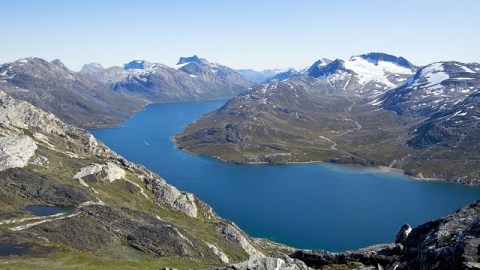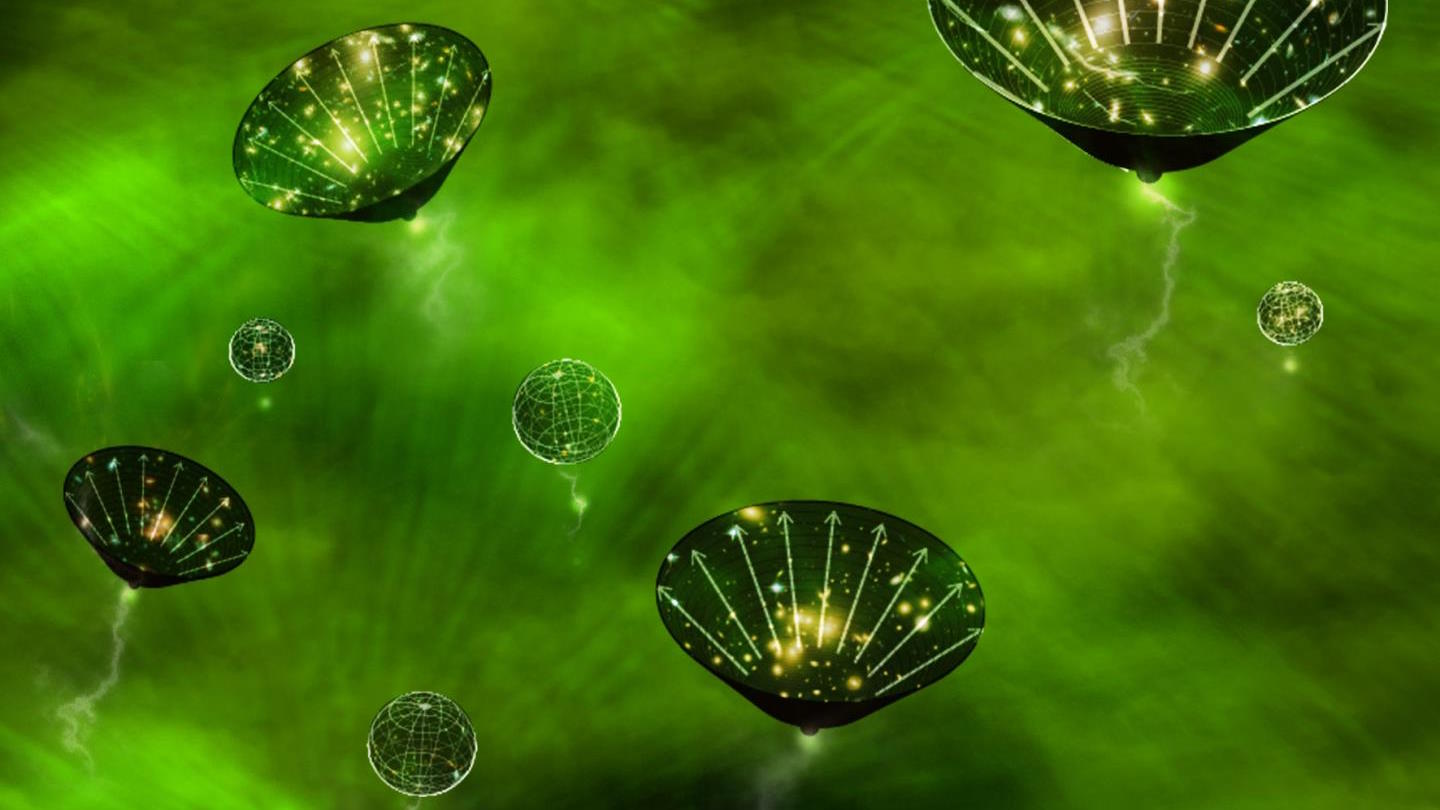After 25 Years, Uranium Mining Is Allowed In Greenland

What’s the Latest Development?
After many hours of debate, Greenland’s parliament passed by one vote a measure overturning a 25-year-old ban on uranium mining. With its traditional industries taking hits because of global warming, it’s a chance for the country — which is self-governing but shares foreign affairs and defenses with Denmark, its former colonial ruler — to turn its economy in a new direction. As Prime Minister Aleqa Hammond put it shortly after taking office earlier this year: “Before our contact with the outside world was based on whales and seals and what we ate. Today, it’s based on minerals and the consequences of climate change.”
What’s the Big Idea?
The uranium mining ban was originally implemented as part of Denmark’s anti-nuclear stance, but mixed in with Greenland’s uranium is an estimated 9 percent of the world’s supply of rare earth minerals, which have become essential in the manufacturing of smartphones and other advanced electronic devices. Almost all rare earths production happens in China, and its government has used that fact to its political advantage. Undoubtedly, with the ban lifted, Greenland’s capital city of Nuuk will start seeing many more foreign diplomats with hats in hand in the coming weeks and months.
Photo Credit: Shutterstock.com





